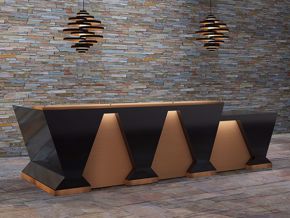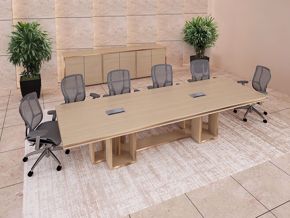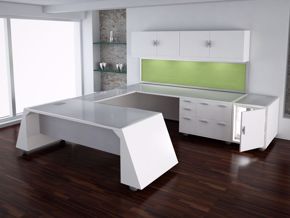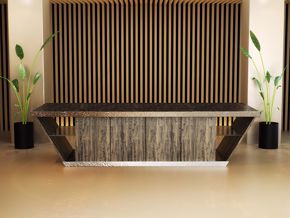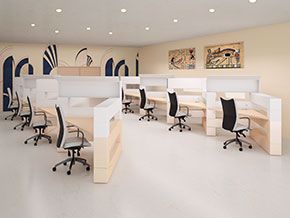Much of excellence, in any field of endeavor, is practice. So said the late Anders Ericsson, Comrade Eminent Scholar, and cognitive psychologist. He’s spent much of his life demonstrating that elite-level performance doesn’t come from the inherent, mental, or physical domains. He has demonstrated many times over, those who reach the top of their game get there by practice, a type of practice, different from the way most people train, something he called “deliberate practice.” In other words, "perfect practice makes perfect."
Different people get different results from practice predicated on how they practice. Some people practice by working on skills they’ve not yet perfected. Others train by repeating skills they have already perfected. Still, others make practice a social event with little to no practice. Two people devoting the same amount of time to practice will get different results because they practice in different ways.
Although we may never think of it as such, everything of merit requires practice to do it well. Everything from communicating with the boss or other workers to writing emails, to playing basketball requires skill, and skill is acquired from proper practice to make excellent.
Some practice will leave a lot on the results table. That’s why many skills suffer from a lack of development. Ericsson says, in many common fields, many people will reach an acceptable level of proficiency after fifty hours of practice. At that point performance skills become automated. Skills like driving a car, typing, or parenting, we don’t have to calculate or plan. We are able to implement them without a lot of thought, so often times further development stops. One assumes she or he has reached their highest performance level and so she stops learning. Sometimes one may willingly stop growing because the added effort to get more skillful will produce a minimal rate of return.
At 90 Degree Office Concepts, we have found this same outcome to be true with furniture builders applying for work. Irrespective of the number of years in the field, many have spent time only building cabinets, or basic furniture, and their skill level is limited to such. They have become comfortable with the skill level they have acquired over the period of years in the field. Having to be taught new skills and relearn how to practice at this stage of the game is an ego-damaging experience for most builders with ten or more years in the arena.
So, what is needed to improve skills beyond common acceptable levels is not just practice, but rather a particular kind of practice. Deliberate practice. Ericsson says, there is no correlation between time in the field and performance levels. Any difference between say, a 20-year brain surgeon and a 5-year rookie will have nothing to do with time, rather, deliberate practice. It’s the skill of practice that makes perfect.
What then is deliberate practice, and how can we strengthen our skills? Full attention for brief intervals. It doesn’t allow for daydreaming, talking on the phone, having lunch, only full concentration. It requires complete awareness of what’s working, what’s not, and why. Maintaining concentration is often the limiting factor in getting top-quality results from practice.
Another method for achieving excellence is testing. Having clear precise standards and testing frequently. Taking the time to break down large tasks into small understandable parts and having them repeated and tested regularly against the perfect standard, is another way to make perfect practice.
Top of their game performers understand the nuances of every move they make. They understand the why behind a performance miss. In sports, it could be a hand placement or a body angle, in communication, it could be one’s tone, a misused word, or facial expression, in design, it could be scale, shade, or placement. In either case, understanding the details that separate, the just-okay from excellent, is the beginning of knowing what and how to practice deliberately.
With office design, a skillset needs to come from both, the builder and the buyer’s side. It requires a set of elite skills to generate better workplace performance and visual satisfaction, a set of skills that come from deliberate practice. A buyer needs to have the skills to know exactly what they need, why, and how to get it. A builder needs to know, what materials to use and where, the ability to advise the buyer about things they may not know they don’t know, where to use what, exact angles that provide the best visual and functional results, how much is too much or too little, when to employ an up or downgrade, how-to, and why, and be able to execute to extreme quality standards. The builder also needs to understand what the buyer may not know and offer advice when a blunder is about to happen. They need to know what will get the best results from a performance position, space perspective, wear versus use perspective, scale, size, and how the office functions. Without those skills in place on either side, the buyer will end up with mistakes they will need to live with forever.
In short, like any skill of worthwhile pursuit, to get the best results from office design requires deliberate practice, doing the same thing over and over, time and again, tweaking and testing nuances moving forward. "Perfect practice makes perfect."

